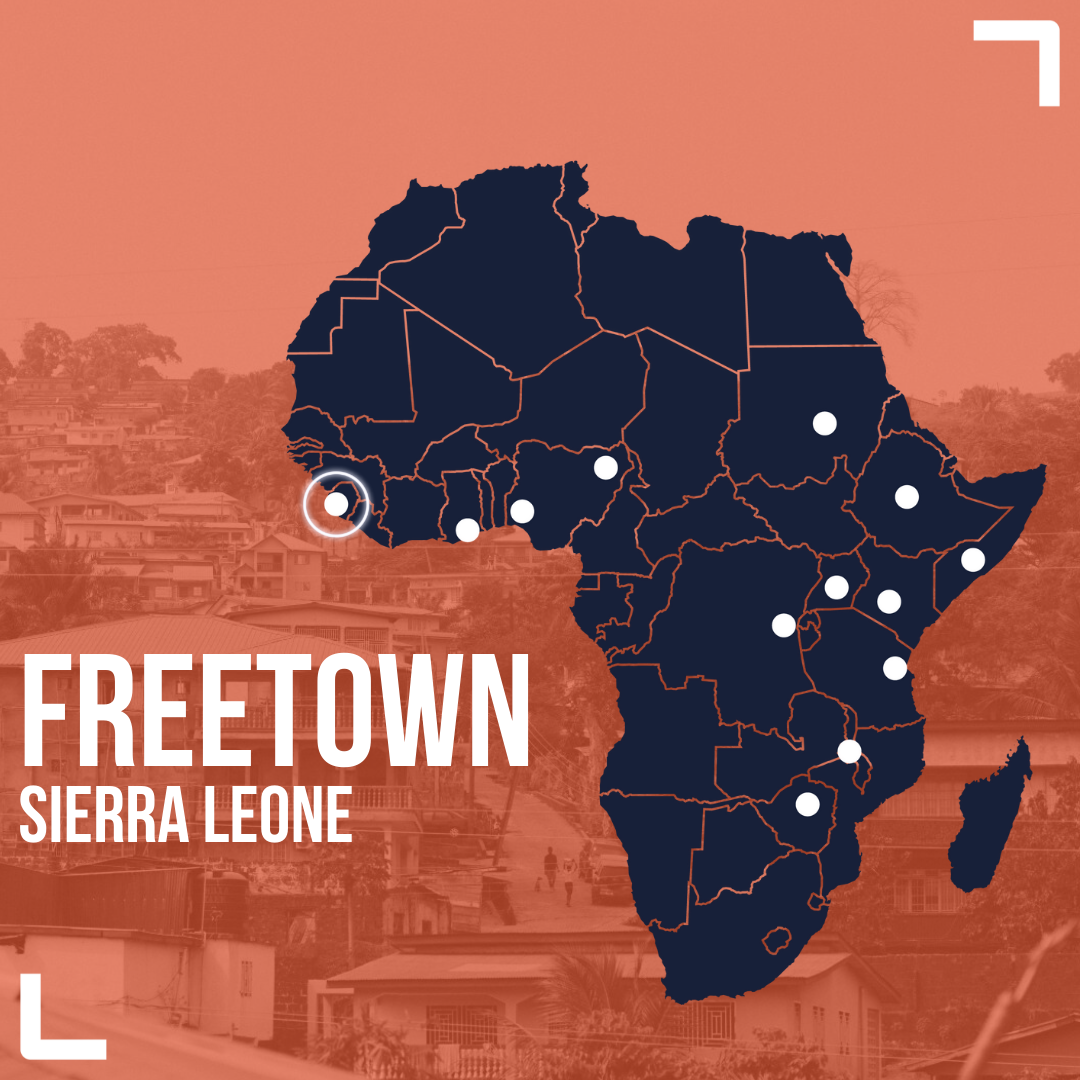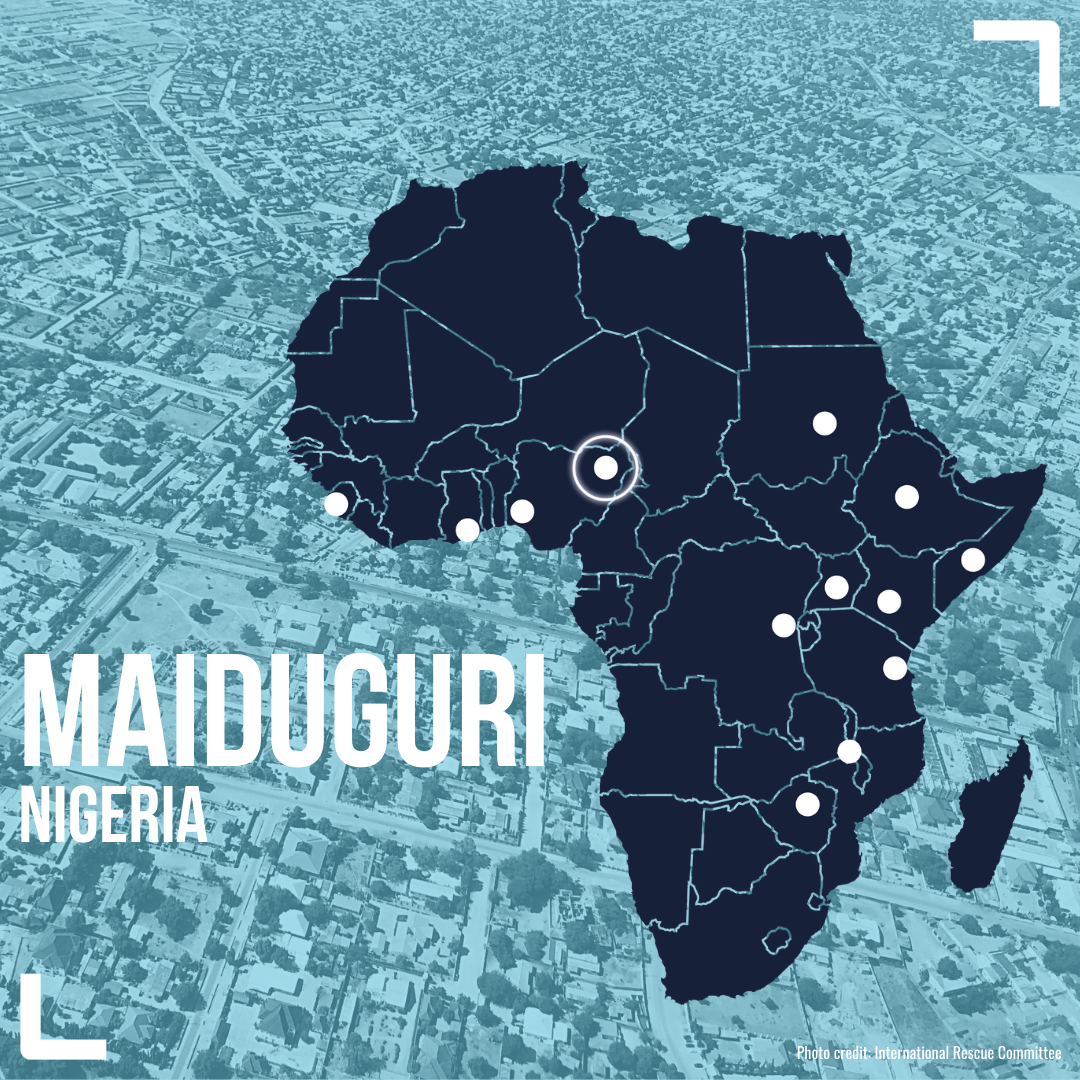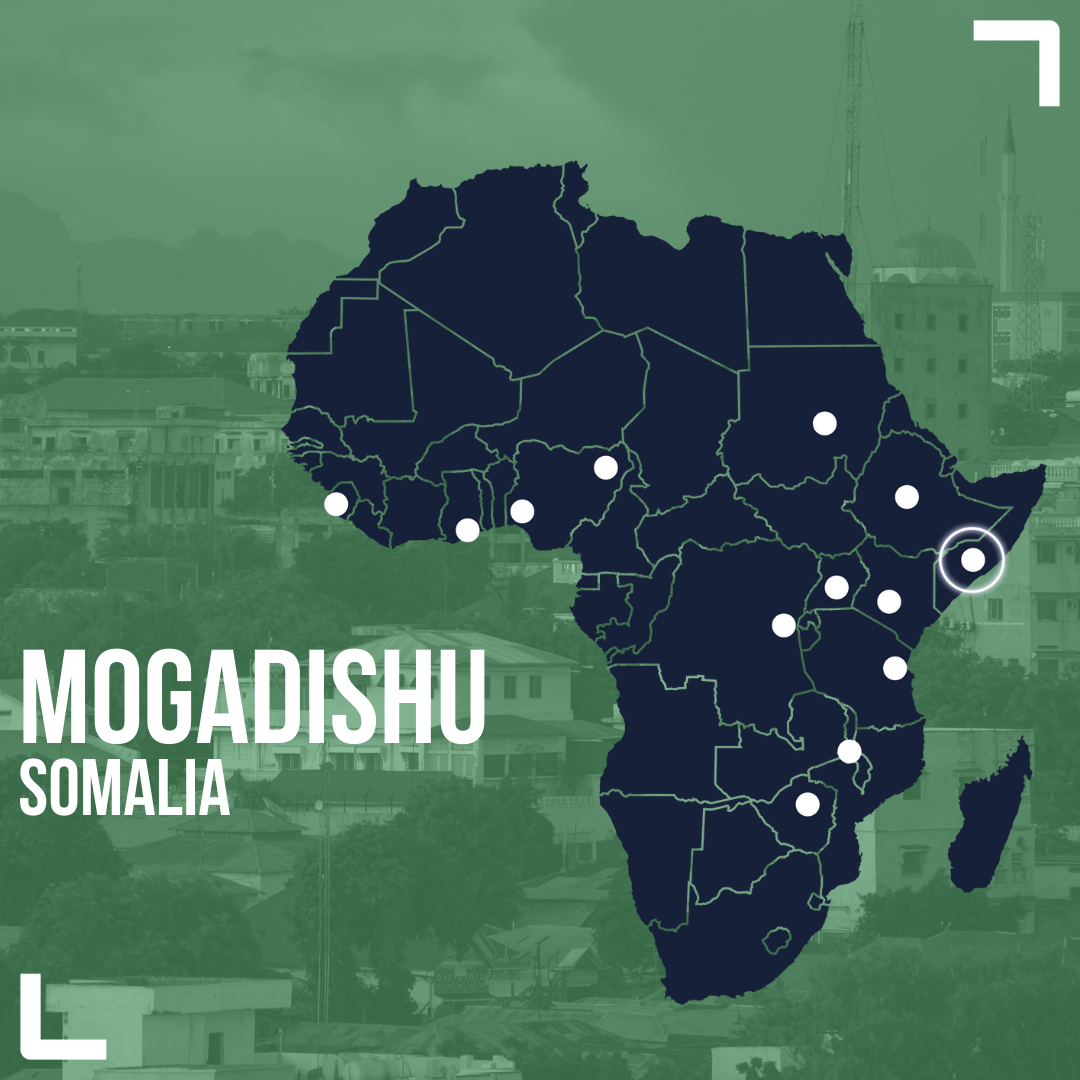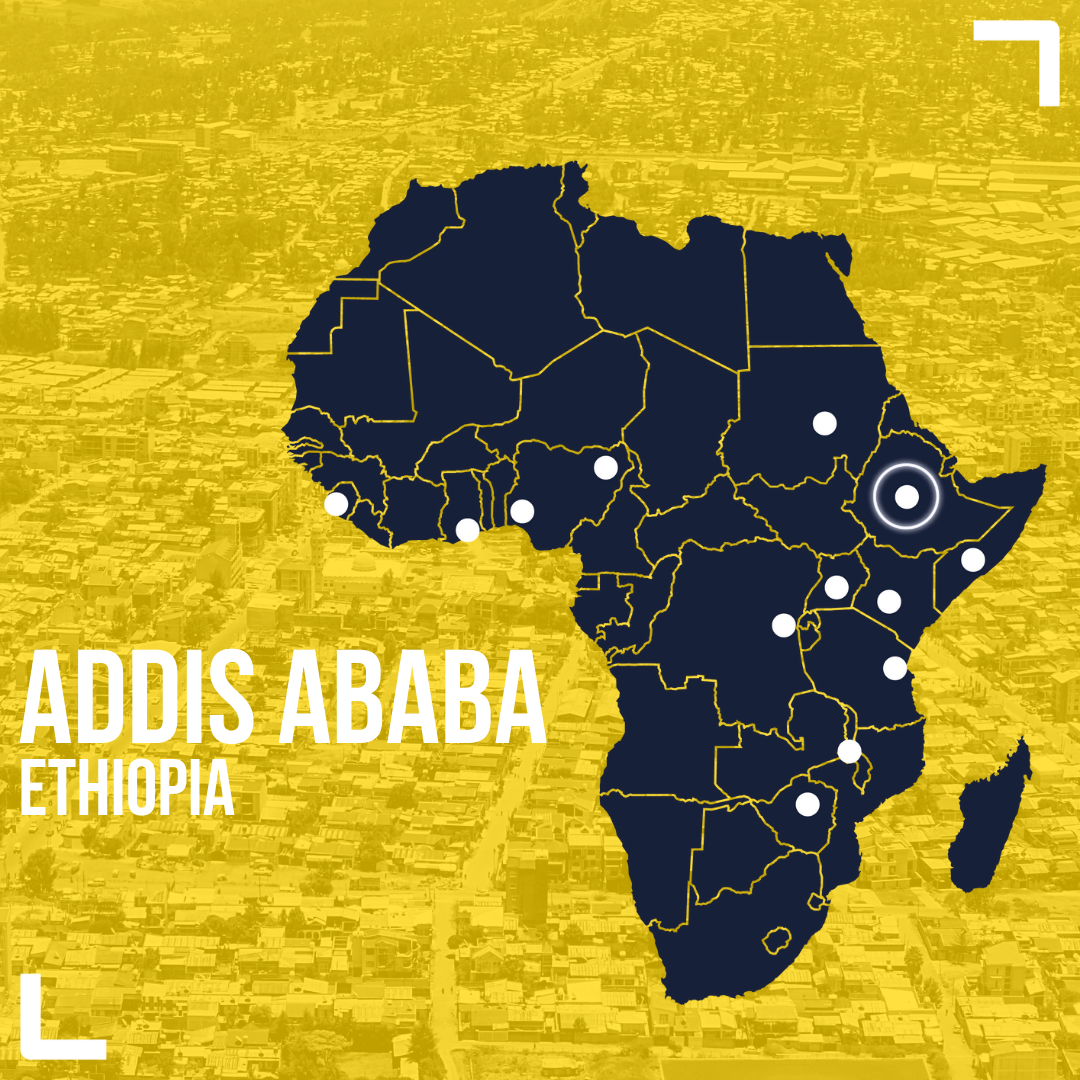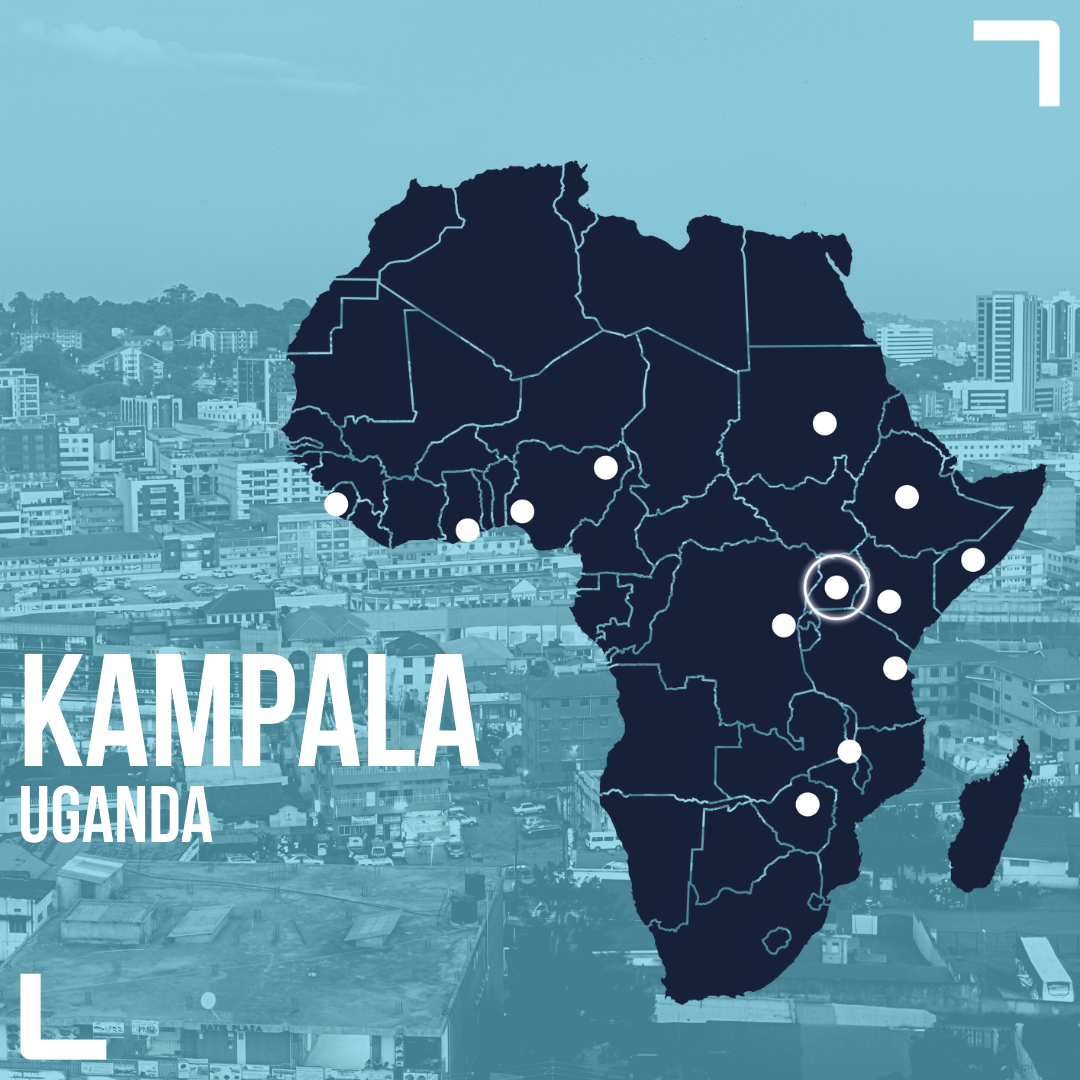Youth and capability development
Africa has the youngest population in the world, with children and young people constituting a significant proportion of the vulnerable segments of the urban population. Young urban citizens face several economic and political challenges in their transition to adulthood, which disproportionately push them to be unemployed, underemployed, informally employed, and to work in hazardous conditions.
These challenges are particularly severe in big cities, where inequality is high and young people are increasingly excluded from urban development interventions. In addition, young women face intersectional vulnerabilities based on their gender and age, exposing them to high levels of early pregnancy, gender-based violence and physical and economic insecurity.
Capability development and improving access to quality educational institutions is critical for young people to be able to make better choices and expand their access to productive employment opportunities – which is in turn vital for African cities to secure broad-based poverty reduction and prosperity. ACRC will explore the key city systems underpinning youth and capability development – including formal and informal education systems, financial services and systems, and spaces to protect children and young people – along with the political landscape that needs to be navigated in order to better connect these systems.
Header photo credit: Tim Kelsall
LATEST NEWS from ACRC
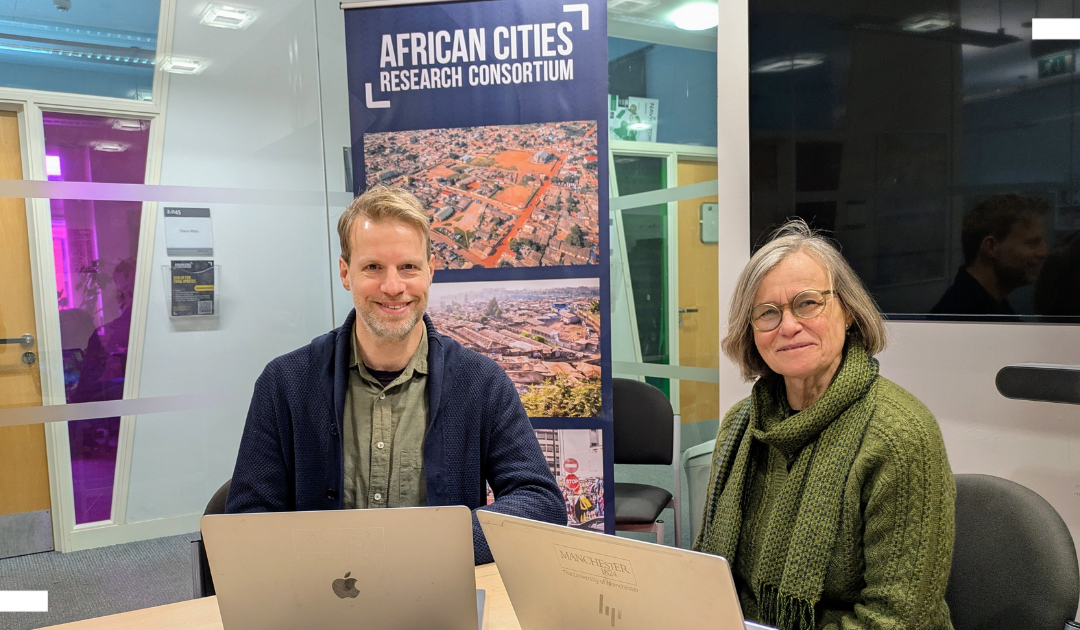
Welcoming Professor Tom Goodfellow to Manchester
We’re excited to welcome Professor Tom Goodfellow to The University of Manchester to take up a dual role as Professor of Urban Development at the Global Development Institute (GDI) and CEO of the African Cities Research Consortium (ACRC) – a position he will take over from Diana Mitlin in August this year.
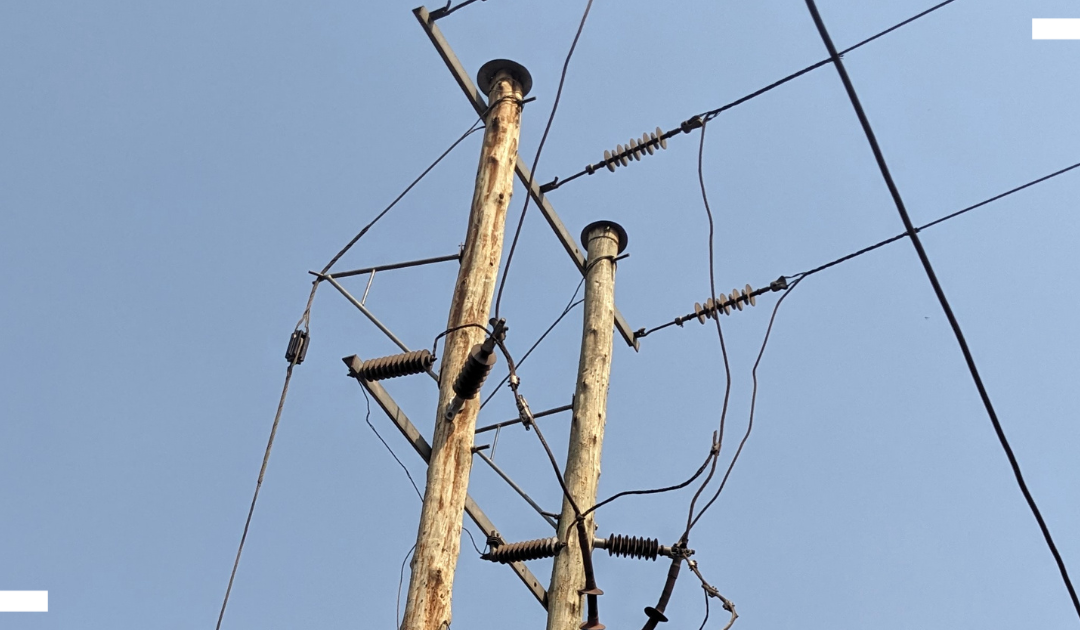
Unravelling a complex web: Electricity subsidy experiences in Kampala’s informal settlements
Electricity subsidies may seem like a straightforward solution to the challenge of supplying electricity to Kampala’s informal settlements. However, the contextual realities of the electricity supply chain paints a slightly different story.
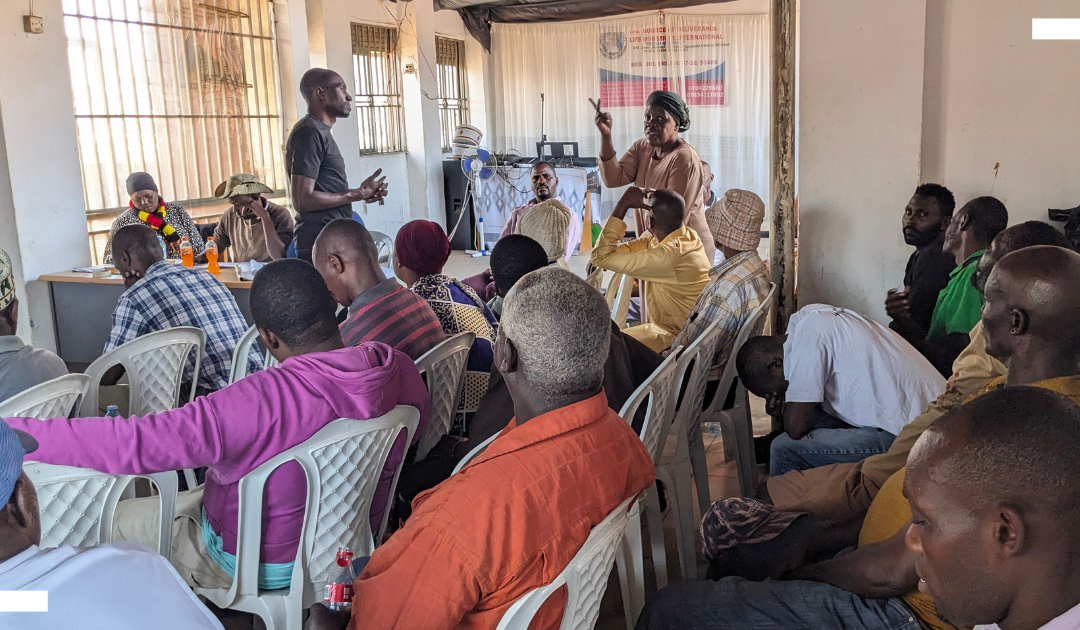
Mapping electricity access in Kampala’s informal settlements: Kamyufus, subsidies and community perceptions
Through our research into the electricity supply and distribution value chains in Kampala’s informal settlements, we are trying to learn more about why electricity subsidies fail to reach those in most need – and the alternatives that residents turn to, in order to gain access to power.

